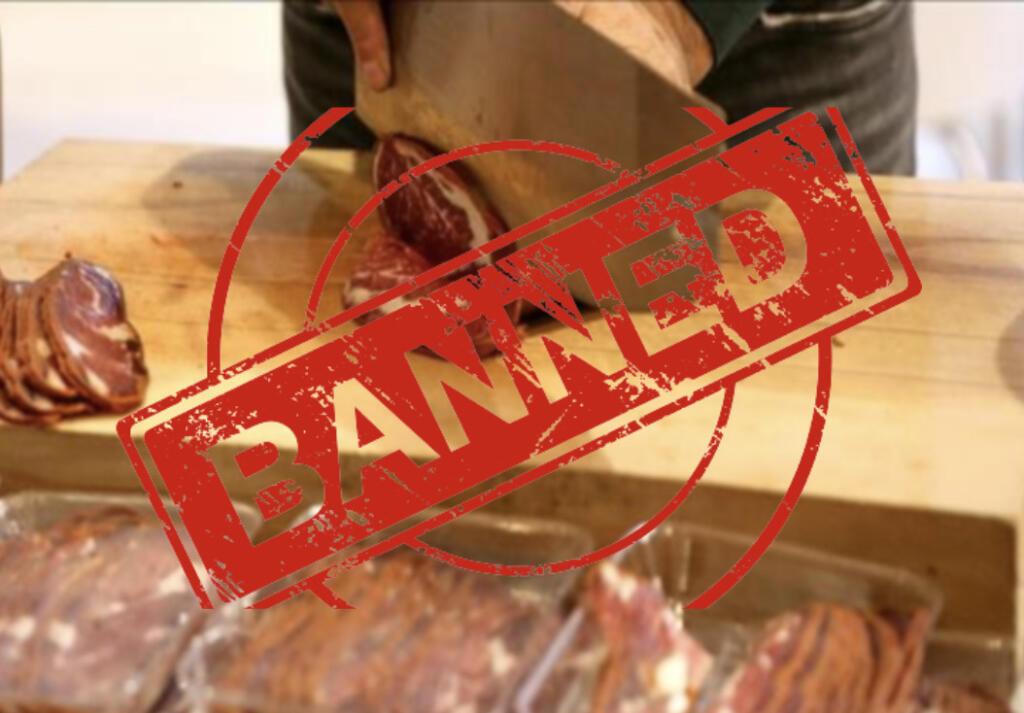Greece’s highest administrative court last week took the courageous and bold decision of banning halal and kosher animal killing. Citing the killings by such a method inhumane, the apex court observed that both practices require animals to be killed without being anesthetized.
The Panhellenic Animal Welfare and Environmental Federation had requested the court to annul an exemption in a law that allowed religious slaughtering practices to take place without anesthetic.
According to a Greek City Time report, the court has given the power to the government preside over the slaughterhouse practices, “The courts ruled that the religious preparation of animal products did not outweigh those animals’ welfare, and decided that the exemption was a violation of the law’s requirement to slaughter animals with anesthesia. The court has left it up to the government to regulate the relationship between animal rights and religious freedom, and they will preside over the country’s slaughterhouse practices”,
The Halal method of slaughter is considered torturous and cruel as the animal is left to die slowly and painfully, in a pool of blood, after its neck vessels are slit to drain away its life and blood. Halal can refer to anything being ‘permissible’ according to Islamic law and rituals but is majorly used to describe meat products. The Jews do not prefer stunning the animals as well. As a result, both religious groups have raised questions over the decision by the court.
Halal vs non-halal
Religious certification of food products is becoming a big issue across the globe, especially, here in India, as extremists in the Muslim community have monopolized the regulation of non-vegetarian, as well as, vegetarian food through halal certification.
Even inherently Hindu companies like Patanjali have been forced to take halal certification from various Muslim certification bodies, which charge hefty money ranging from 500 rupees to 5,000 rupees per food product.
In many countries including the United States, the United Kingdom, and India, a tiny Muslim minority has forced the majority community to adhere to their practices and standards. By monopolizing the non-vegetarian food industry, Muslims have forced the lower caste and class of Hindus to go unemployed. Succinctly put, the Halal meat industry is ‘of the Muslims, by the Muslims but for everyone’.
Reported by TFI, in 2019, multinational fast-food chain McDonald’s was caught in a fix after the company had declared that they only serve Islamic halal-certified foods in India. This declaration, coming from the food chain, had unsettled consumers from several communities who either had reservations against the painful and inherently exclusionist halal technique or had other religious compulsions.
https://twitter.com/mcdonaldsindia/status/1164584030647377920?
It is important to mention here that McDonald’s’ journey in India has been more than two-decades-long. During this period, the people of India have developed a deep emotional connect ion with the fast-food brand.
McDonald’s was one of the first fast-food chains to arrive in the Indian market and probably remains the most popular choice among all fast food brands and yet the company is refusing to let go of the archaic and inhumane procedures to slaughter an animal.
Read More: Legal notice against McDonald’s for shoving Halal meat down the throats of customers
According to a study by Adroit Market research, the global halal market is worth more than 4.54 trillion dollars. To give a comparison, this is more than the GDP of Germany, India, or the United Kingdom. By 2025, the global halal meat industry is expected to touch 9.71 trillion dollars with a monopoly of Muslims over it.
In a country where a majority of consumers are non-Muslims, Halal food is being forced down their throats, thanks to cartelization, fundamentalism, and unity among Muslims. However, with Greece paving the way, a country like India should take a similar call.
Any industry which filters or discriminates on the basis of religion is not only detrimental to the holistic idea of free markets but can also have massive economic consequences resulting from the rapid monopolization of the Indian meat industry.
